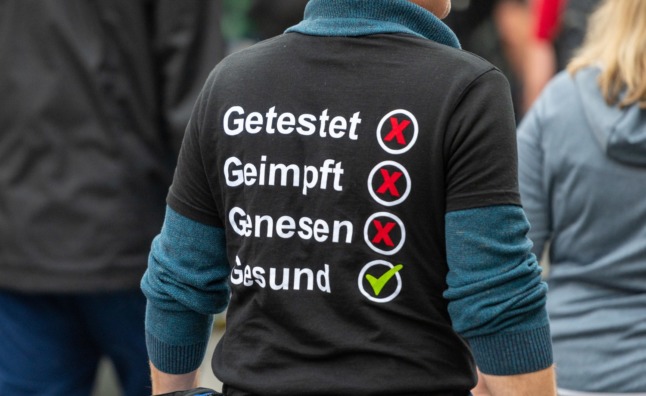Snapchat and Instagram growing fast in Denmark
A report on Danes' media use in 2014 shows that streaming services are quickly growing and younger people are using Facebook less and other social media platforms more.
Published: 23 January 2015 13:32 CET

All the cool kids are on Snapchat. Photo: Danmarks Radio
Denmark is still a nation of Facebook lovers, but Snapchat and Instagram are beginning to catch up.
Nearly one in every four Danes uses Netflix, which along with Spotify and YouTube is one of the preferred media brands among 15 to 25-year-olds.
Those are among the Danish trends revealed by broadcaster DR’s comprehensive 2014 media development report that was released on Thursday.
“In 2013, streaming became mainstream in Denmark. In 2014, the population’s courage to take control of what they see on screen has grown and streaming now accounts for 17 percent of our TV time. The new media reality in other words has become mainstream,” DR Medieforskning research head Dennis Christensen said in conjunction with the report’s release.
Among other things, the report reveals that streaming services grew by 38 percent in 2014 while traditional television use fell by four percent.
When it comes to social media, Facebook is still by far the king with 3.5 million monthly users. The number of Danes using Facebook daily grew from 55 percent in 2013 to 59 percent in 2014, but the growth is primarily down to users over the age of 30.
Younger users’ were on Facebook a bit less in 2014 than the year before but are not leaving the service altogether. Instead, they are using Facebook less frequently than before while using other social media more often.
Snapchat is particularly popular among young Danes, being used daily by half of all 12 to 19-year-olds and a fourth of all 20 to 29-year-olds. Across all age groups, 890,000 Danes now use Snapchat – a whopping 77 percent increase over 2013.
Instagram has also experienced rapid growth. Some 770,000 Danes were monthly users of the photo-sharing service last year, representing a 55 percent increase over 2013.
Both Snapchat and Instagram have now overtaken Twitter, which has never really caught on amongst a majority of Danes. There are only 260,000 Danish Twitter users, but at least half of those accounts are inactive. Just four percent of Danes used Twitter daily in 2014, representing no growth for the social media from the year before.
Twitter growth has also stalled out elsewhere and this week renewed rumours began circulating that the microblogging service could be bought out by Google.
Url copied to clipboard!


 Please whitelist us to continue reading.
Please whitelist us to continue reading.
Member comments